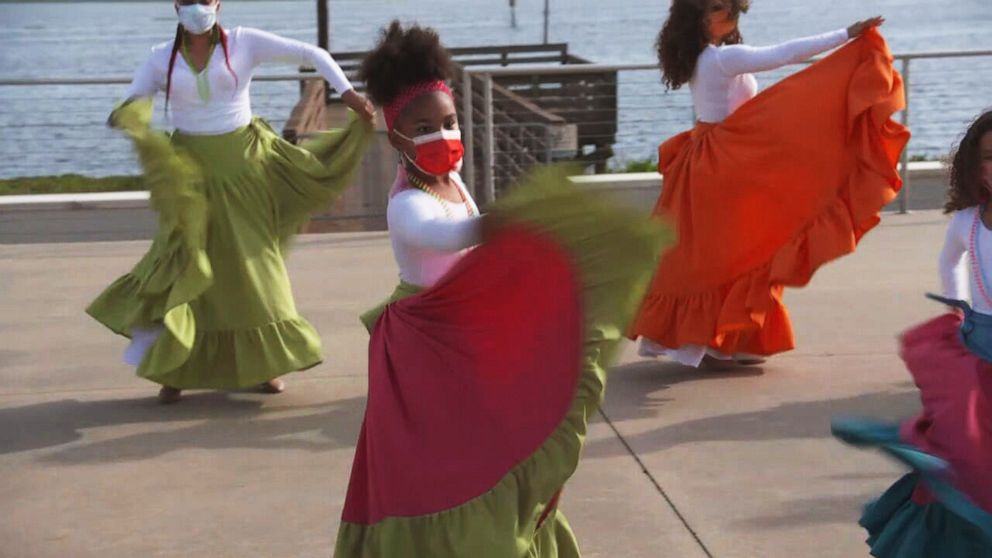Emancipation Day in Puerto Rico celebrates the day the Puerto Rican National Assembly decided to abolish slavery in the country. The abolishment of slavery was legally established over a decade before the U.S. did.

A Dark History
After Christopher Columbus landed in Puerto Rico in 1493, the island was quickly colonized and the Spaniards devastated the native population with the diseases they unwittingly brought with them from Europe. The effects of the illnesses coupled with years of mistreatment at the hands of the Spanish left the native populations sparse.
In the 16th century, colonizers of the island brought African people from their homeland to serve as slaves to make up for the labor lost. For the next three centuries, sugar was the main trade as enslaved people would cultivate and harvest the crop.
The 19th century saw numerous slave revolts and uprisings in defense of themselves. This, in addition to the world waking up to the reality that slavery was a horrific and inhumane practice, led to slavery being abolished in Puerto Rico in 1873. An estimated 29,335 slaves were freed by the implementation of this law- which made up about 5% of the island’s population at the time. Needless to say, the abolishment of slavery in Puerto Rico helped a great number of its inhabitants.
Unfortunately, the ruling of slavery becoming illegal was conditional, as it dictated that enslaved people had to purchase their freedom while working for their former employers for a specified 3 years. However, it began paving the way for Puerto Rico to become a place of rich, diverse culture and people.
Cultural Vibrancy
It is important to acknowledge the dark and disturbing past of slavery. It is also important to be able to recognize the strength and resilience of their ancestors and the culture, history, and pride they bring to Puerto Rican culture. Celebrating Emancipation Day in Puerto Rico is important because it highlights the peoples’ struggle for freedom and celebrates the island’s current population, many of which are proudly Afro-Latino. Around 60% of Puerto Ricans have ancestry that can be traced back to Africa and a wide majority of these people have lived for generations in Puerto Rico and identify as Afro-Puerto Rican.
Many aspects of Puerto Rican culture, including dances like Bomba and music that incorporates traditional African sounds, can trace their origins back to Africa.

To celebrate this historic day, be sure to educate yourself about slavery in Puerto Rico, and make some delicious Puerto Rican food, like pasteles (recipe is linked, don’t worry)! Encourage others to learn about the history of this amazing island and people and do so yourself by clicking here for more information!

























